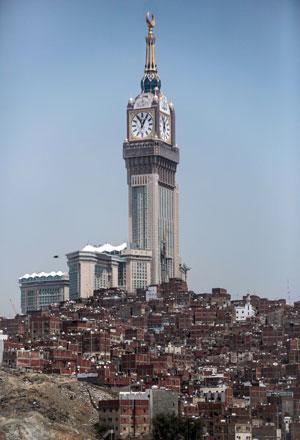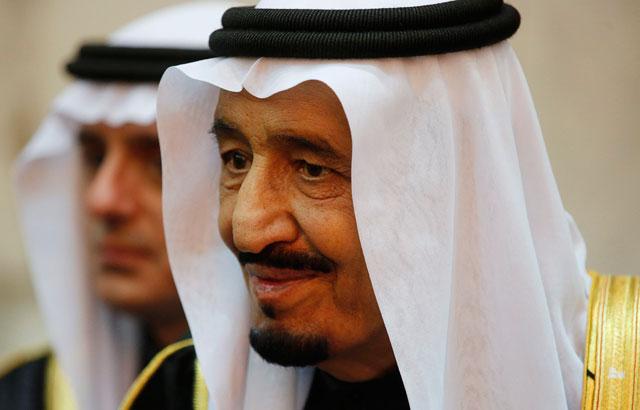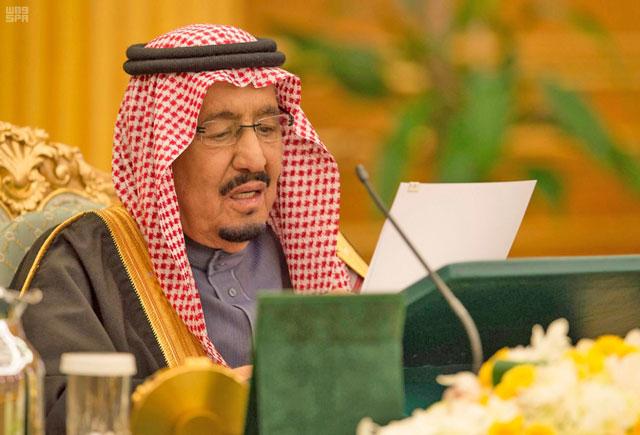You are here
Lavish freebies from Saudi king to buoy economy, markets
By Reuters - Jan 31,2015 - Last updated at Jan 31,2015
DUBAI — A lavish payout to public employees ordered by Saudi Arabia's new King Salman will help to sustain the kingdom's consumer boom and reassure financial markets that the government is not slashing expenditure in the face of low oil prices.
On Thursday, Salman ordered the immediate payment of two months of bonus salary to all state employees and pension to retired government workers, in a string of decrees which also reorganised the economic policy making apparatus.
The announcement did not give a monetary figure, but Saudi Arabia's 860 billion riyal ($229 billion) state budget plan for 2015 said salaries, wages and allowances would comprise 50 per cent of total spending.
That implies the new payout, announced a week after Salman succeeded his brother Abdullah as king, will be worth up to around 70 billion riyals, about 8 per cent of the original budget, or 2.5 per cent of the last year's gross domestic product (GDP).
Other benefits announced by Salman will increase spending further.
He ordered payments to students, grants to professional associations and sports and literary clubs around the country, and 20 billion riyals in spending to improve electricity and water services, though it was not clear if the utility spending was part of a previously announced plan.
A Reuters poll of economists earlier in January found them predicting GDP growth of 3.2 per cent this year, down from 3.6 per cent in 2014, on the grounds that the plunge in oil prices would cause the kingdom to slow some energy and petrochemical investments and make the government more cautious about spending in general.
Salman's announcement on Thursday suggested the government remained willing to spend heavily despite the hit to its oil revenues from low prices, and that GDP growth this year might, therefore, be higher than originally expected.
"I believe it will be growth supportive, especially on the consumption side," said Monica Malik, chief economist at Abu Dhabi Commercial Bank.
Saudi retail industry shares such as Jarir Marketing, United Electronics and Fawaz Alhokair, plays on the kingdom's fast-growing private consumption, may benefit.
Salman's announcement appeared to take a step back from a pledge in the 2015 budget, which was announced in December when he was already overseeing economic policy, to "rationalise" spending on public salaries.
But it is in a long Saudi tradition of welfare handouts at times of political transition or tension. The 2015 budget plan projected a deficit of 145 billion riyals; the actual deficit now looks likely to be much larger, but with government reserves at the central bank totalling some 900 billion riyals, Riyadh can easily cover such shortfalls for now.
Economic council
Salman may intend to recoup some of the costs of his handout through economic and bureaucratic reforms.
Thursday's decrees kept the identity of key economic ministers unchanged, suggesting to many observers that major, politically sensitive reforms, such as cutting energy subsidies, or large tax shifts, are not on the cards for now.
"With the oil, economic and finance portfolios remaining steady, I do not expect to see wider change in policy," said Malik.
But Salman replaced many other ministers including telecommunications, agriculture and the civil service, suggesting he may seek changes in the way those ministries operate.
Economy Minister Muhammad Al Jasser said last week that the next reform drive should focus on efficient administration.
King Salman appeared to be seeking bureaucratic efficiency on Thursday when he abolished 12 committees and councils, creating a new Council of Economic and Development Affairs to substitute for some of them.
The new council, chaired by King Salman's son Prince Mohammed Bin Salman, who is only 34, may give the king a platform to push controversial economic reforms in the future if he wishes.
Related Articles
DUBAI — Saudi Arabia's planned cuts in spending and energy subsidies signal that the world's largest crude exporter is bracing for a pr
Saudi Arabia's new King Salman ordered a lavish payout to all state employees on Thursday and reshuffled some top government jobs while keeping in place the oil, foreign, finance, defence and interior ministers.
DUBAI — Saudi Arabia, for decades dependent on crude oil to fund its budget, now says it will cut its reliance on the black gold to less tha














